SEO and social media: How to amplify your visibility

Table of Contents
SEO and social media are critical digital marketing channels for product discovery, brand research and helping people make purchase decisions. Rather than thinking of these channels as content marketing strategies that operate in silos, consider the common threads between them. SEO can be an essential pillar within your social media marketing strategy, just as social media can directly impact your SEO.
But to create the right balance, you first need to understand how SEO and social media work together to achieve shared goals.
What is social SEO?
Social SEO is the process of optimizing your social profiles and content to expand your reach on social platforms and search engine results pages like Google. It helps enhance your content visibility among people searching on social media for businesses or products similar to yours.
For example, YouTube isn’t just a leisurely video platform anymore. It’s one of the most popular search engines in the world, and social SEO can help you rank higher in YouTube search results.
Each network requires specific behaviors and content optimization strategies based on detailed user intent:
- TikTok and Instagram are used for emotion-led visual discovery and trend-hunting. Popular content types include product demos, user-generated content (UGC) and lifestyle content.
- YouTube and Reddit are for deep intent and long-form learning, research and peer validation. Popular content types include thought leadership, how-to guides and case studies.
- LinkedIn is used for B2B credibility and peer validation. Common content types include expert points of view and B2B-relevant content.
Best practices vary across platforms, but they can involve adding captions, alt text and subtitles to images and videos. They also include using relevant keywords in social media posts for greater visibility.
Search engine optimization and social media management strategies complement each other because they are both channels for discovery. According to Sprout’s Q2 2025 Pulse Survey, more than 40% of Gen Z looks to social media first when seeking information. They opt to research using social media rather than traditional search engines, chat-based AI tools or asking friends and family.
Common misconceptions about social SEO
There’s a lot of nuance in social SEO and how it works that can create confusion. For example, one debate that keeps resurfacing is whether social signals—which refer to social media engagements like shares, comments and likes—affect search engine rankings.
While it may seem like the number of reactions you get on a social post shouldn’t impact your share of search results, Google sees social content and activity as offsite authority. Therefore, having a multichannel search approach is becoming increasingly important and can significantly affect your discoverability.
Additionally, many people believe that not having social media profiles hurts search engine optimization. While a lack of social presence doesn’t actively impact SEO, you are missing a huge opportunity by skipping it. A social media presence can increase your reach and discoverability to unlock access to audiences that might not find you otherwise.
Why social SEO matters
SEO and social media can be powerful when used together. For instance, insights from keyword research and audience behavior analysis can guide your social media strategy and inspire content that aligns with your followers’ interests. These insights can also help you monitor competitor and industry discussions to spot content gaps, giving you a better chance of standing out on social and aiding you in refining content to engage your target audience.
Meanwhile, social media can amplify your SEO efforts by driving traffic to your website and strengthening brand recognition and authority. It also serves as another helpful channel for distributing your content.
Social media also offers an effective way to provide personalized engagement with your audience before sending them to your website. According to the 2025 Sprout Social Content Benchmarks Report, consumers want genuine interaction with companies, and 73% say they’ll take their money elsewhere if a brand doesn’t respond to them on social media.
What is the connection between SEO and social media?
People have debated the connection between SEO and social media for over a decade. Many argue that misinformation on social media has led people astray when it comes to SEO strategy.
Some SEO experts will tell you outright that Google doesn’t consider social media performance in its rankings. However, other SEO aficionados emphasize the importance of using social media for business. Social signals don’t directly impact rankings, they can indirectly boost them by driving more traffic to your brand’s content.
Source: Reddit
Social media and SEO also connect through Google Business Profiles, which allow businesses to manage their online presence in Google searches and Maps results. You can add your social media links to it to drive traffic to your social channels from Google searches.
Even though the verdict is still out on the exact relationship between SEO and social media, there’s a connection worth exploring when it comes to increasing your brand’s visibility.
Social media profiles and content consistently rank among top search results
Investment in social media for your brand does not just mean winning through social media as a channel. It also means taking up more real-estate in Google search results, beyond just your website content.
Google’s algorithm and SERP features are increasingly incorporating content from social media platforms and other off-site sources into Google search results.
One major example is Reddit showing up in Google results. Following a $60 million deal between Google and Reddit in 2024, the social platform increasingly has appeared in search results for non-branded terms. Because Google prioritizes UGC and community discussions, Reddit forums are excellent fodder for sparking balanced discussions.
For example, the SERP for the query “What’s the best way to quit a job?” shows Reddit results in the second position, right after a single article by Indeed. This reflects a shift toward prioritizing others’ experiences for certain queries in addition to credible industry thought leaders.
After Reddit comes YouTube, which also dominates many SERPs, especially on Google, which owns it. Because people gravitate toward videos when learning how to do something, YouTube content may appear first in some search results.
For example, the first position in the SERP for “how to juggle four balls” goes to a YouTube video.
Similarly, TikTok and Instagram Reels may appear in search results for some queries, often in a section labeled “short videos,” as in the example below.
It’s also important to know (particularly for Reddit) that Google is looking to social forums and discussions to help inform its AI overviews, which appear at the top of many SERPs. This shift has led to a new type of organic search engine strategy that specifically targets content optimization for generative AI. This includes answering queries directly and concisely while creating high-quality resources that are helpful for both humans and bots.
Google Analytics highlights social media as a significant traffic source
Because social media is a significant source of website traffic for organizations, it’s treated as a unique entity in Google Analytics. Using Google Analytics for social media can help you learn about your social media efforts, target audience and search optimization to answer queries like:
- Does social traffic engage better or worse than traffic from other channels?
- How does our volume of social traffic compare to other sources like organic search, email, etc.?
- Which social networks drive the most traffic?
Social media links provide signals that helps your content rank
For links to webpages to be effective in driving website rankings within Google, Google considers it important that the webpages are seen, shared and engaged with. Consider the potential snowball effect of increased social shares resulting in more traffic to your brand’s webpages.
Using social accounts to promote new pieces of SEO content can be a significant driver of new engagement that overall impacts a website’s authority to Google, and boosts traffic to these webpages..
Source: X
Social search optimization matters for social networks
Marketing organizations are applying SEO best practices to social networks like YouTube, TikTok and Instagram to increase views and promote channels. For example, since YouTube videos and features like chapter titles show up in Google search results, marketers can optimize these titles and descriptions with target keywords. Adding captions also sends a positive signal to the YouTube algorithm.
On TikTok, include keywords in your content that are both problem-aware and solution-aware—matching how people search. For instance, if you own a beauty care line, you could include keywords like “foundation hacks for oily skin” or “face cream that doesn’t clog pores.” Because many searches begin on social networks, labeling your videos with the exact words people use can make them more discoverable.
How to optimize your social media profiles for SEO
Here’s some good news: Taking actionable steps to increase your social channels’ visibility in the SERPs doesn’t require overhauling your presence or making major changes, although the process can vary slightly by network.
Below are a few simple yet meaningful ways to improve your social media SEO:
- Network-specific tips: Each social media network has unique best practices for optimization. Facebook lets you secure a custom URL and add categories to your business page. On LinkedIn, you can strategically place social media keywords on the profile of your company page’s headline, summary, job titles, job descriptions and skills section.
- Profile naming and handle consistency: Whenever possible, use the same social media handle across all your profiles to strengthen brand recognition and tie your accounts together. Use the same profile picture (like your company logo) for easy identification, and get your profile verified to boost credibility.
- Keyword inclusion in bios: Make a point to incorporate industry and brand keywords into each profile’s bio section. To help with in-network visibility of your profile, include your branded hashtag in your bio as well.
Source: Instagram
- Linking strategies: Your profile bios should also include relevant links (especially to your website) to drive traffic from social profiles. You can also add links to a lead generation form or other social channels.
- Alt text tagging: Adding alt text to your social media images helps search engines understand their content, which is helpful for SEO. Many major social media networks now let you add alt text tags to posts, which not only adds another layer of visibility but also improves accessibility, which can extend your reach.
How to optimize your social posts for social search
Beyond optimizing your social channels, you can fine-tune individual posts for social search. Here’s a quick checklist of some best practices to help boost discoverability:
- Use high-quality photo and video assets to benefit from visual search on Instagram Reels, TikTok and YouTube. Check each network’s specific requirements, since some (like Instagram) scale videos to 4K, which can affect visual quality. Maintaining crisp audio can also impact how people engage with your videos.
- Add relevant social media keywords and hashtags in captions, titles and descriptions.
- Write alt text to make visual content more accessible.
- Incorporate keywords in your video file names to support SEO.
- Add subtitles to videos on YouTube, Instagram and TikTok.
- Tag your location so your content can appear in social search results.
- Say your main keyword out loud in videos.
- Be conscious of overstuffing keywords.
Sprout’s social media publishing workflow and Asset Library help with some of these practices by providing tools for file naming, tagging and asset repurposing. You can even generate alt text for each image automatically using Sprout’s Generate by AI Assist tool.
Optimizing your content is just one part of the equation; our comprehensive Social Search Optimization Worksheet offers a complete framework, including a network prioritization matrix to guide your efforts.
4 quick social media tips to support your SEO efforts
To get more out of your investment in both SEO and social media, use these additional quick tips:
Make your website content easy to share
Social sharing buttons are staples on blogs and websites. Integrate quick copy links and single-click sharing into your site, making sure readers don’t have to dig to find them. Grammarly, for example, uses social share buttons that follow visitors as they scroll through posts.
Source: Grammarly
Translate your social data into content ideas
If you’re strapped for fresh content ideas, look no further than your social feed. From potential blog topics to the latest trends and keywords, there’s arguably no better place than social media to find inspiration. Social conversations are timely, and you can assess trends instantly rather than wait for traffic to roll in to figure them out.
This is where a tool like Sprout Social comes in handy. With the platform’s Social Media Listening features, you can quickly hone in on topics and trends and craft marketing messaging that speaks your audience’s language. You can also tap into social media analytics to see which content resonated in the past.
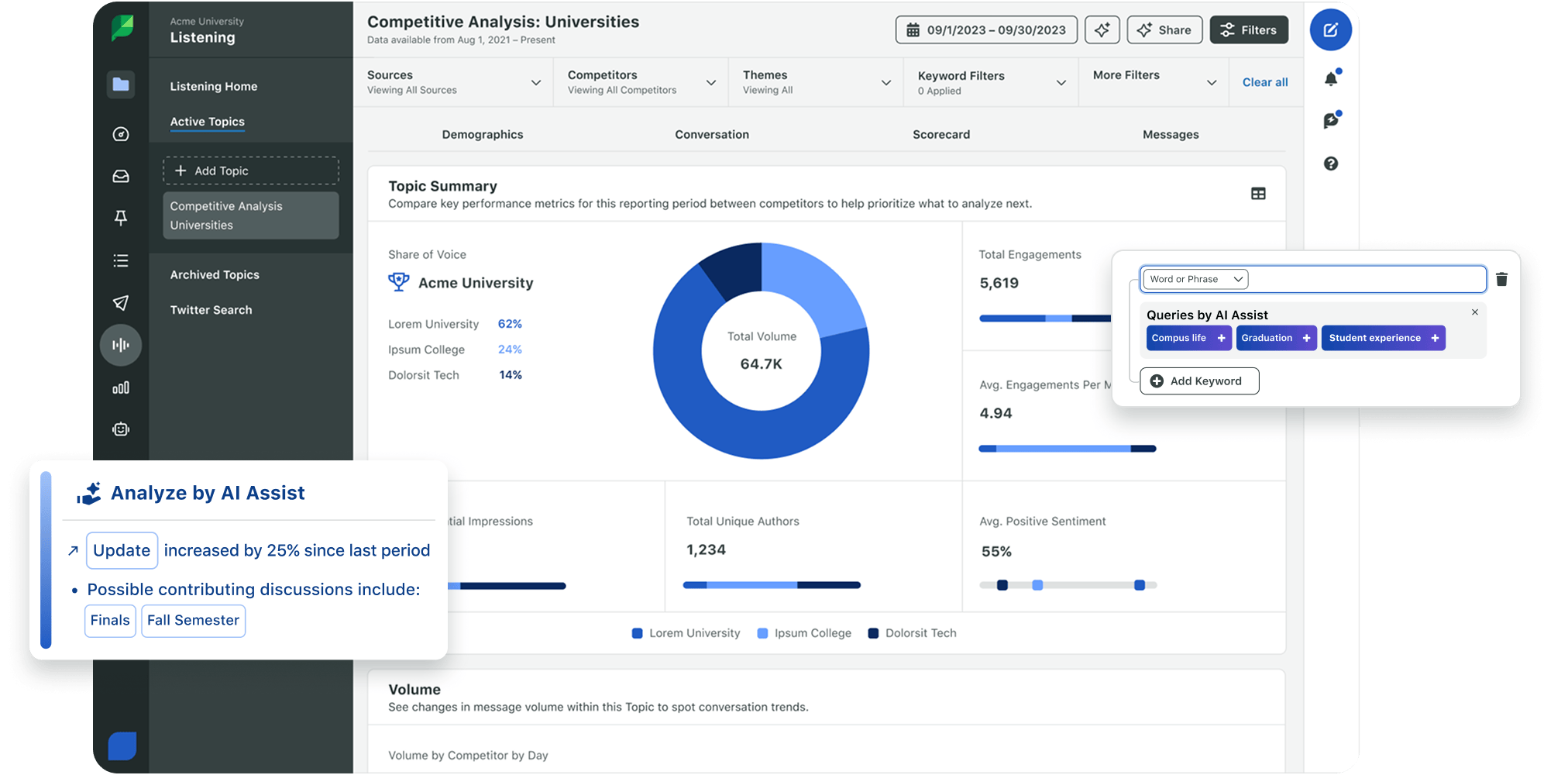
Fine-tune your publishing frequency
Establishing a consistent content calendar produces better traffic results than posting at random. Familiarize yourself with the best times to post on social media, and make sure links to your site are part of your social content strategy.
As a side note, don’t be afraid to publish and recycle links to past blog posts. Given the legwork required to put together a post, they deserve to be shared multiple times. If you don’t want to repeat yourself, consider repurposing high-quality content for social distribution.
Foster relationships with your audience and influencers
Building customer relationships can help you score more clicks and attract meaningful traffic to your site. Those same folks can also give your content a much-needed boost when prompted.
You can use social media as an avenue for developing and nurturing relationships with your target audience, including influencers. Influencer marketing can help support content visibility. If an influencer reshares your content, you amplify your brand’s reach.
Create a strategy for SEO and social media
Using a combined search strategy lets you tap into the benefits of both social media and SEO in marketing. Together, they can increase brand visibility, garner more traffic and help you achieve your desired business outcomes more effectively than either could on its own.
If your SEO and social media workflows feel disconnected, digital insights can help align them. Sprout’s Premium Analytics and Social Listening tools give you the data you need to close any gaps so you can maximize your marketing impact.
To begin unifying your SEO and social media content strategies, learn more about Sprout’s Premium Analytics and start your free trial today.

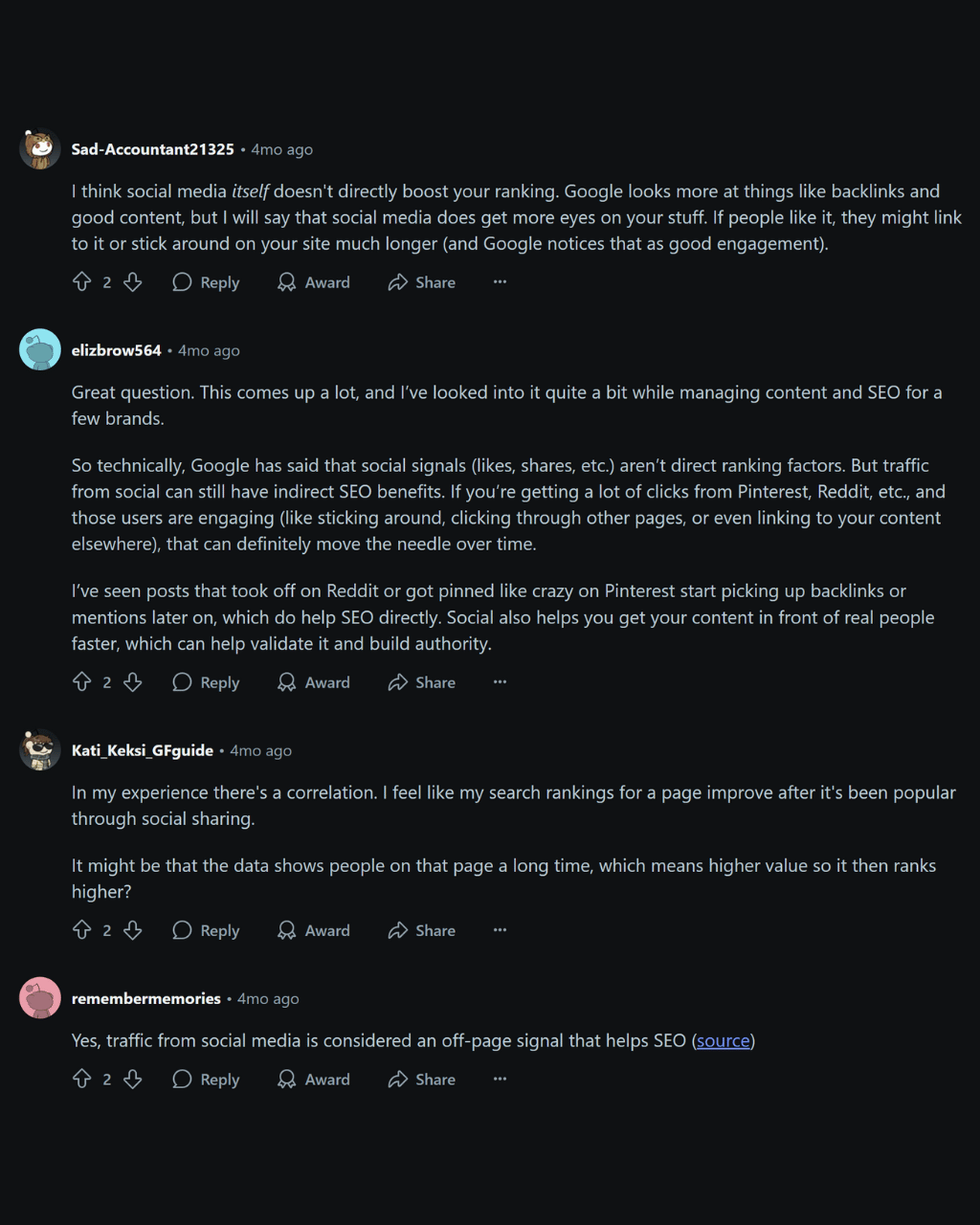
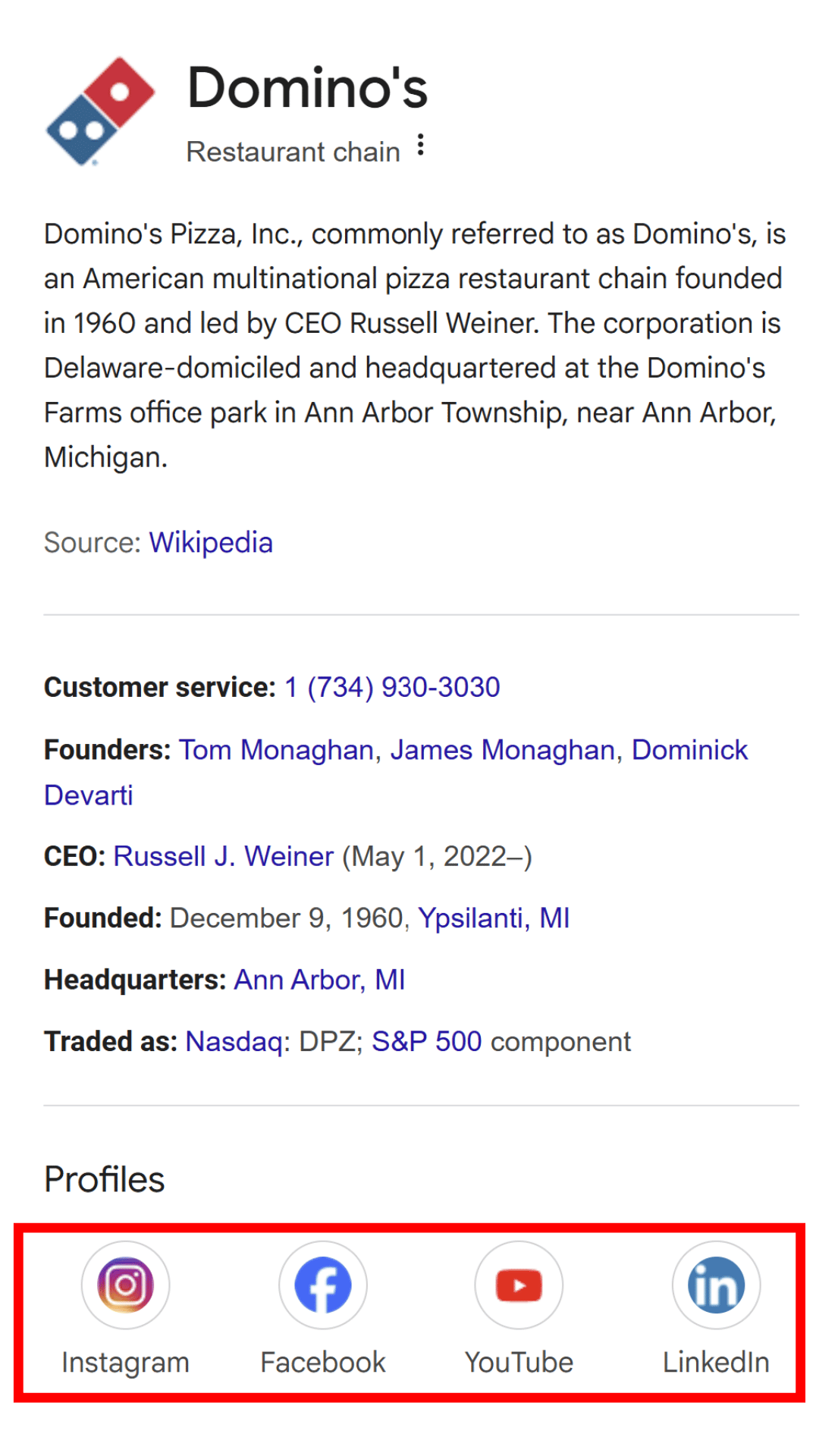
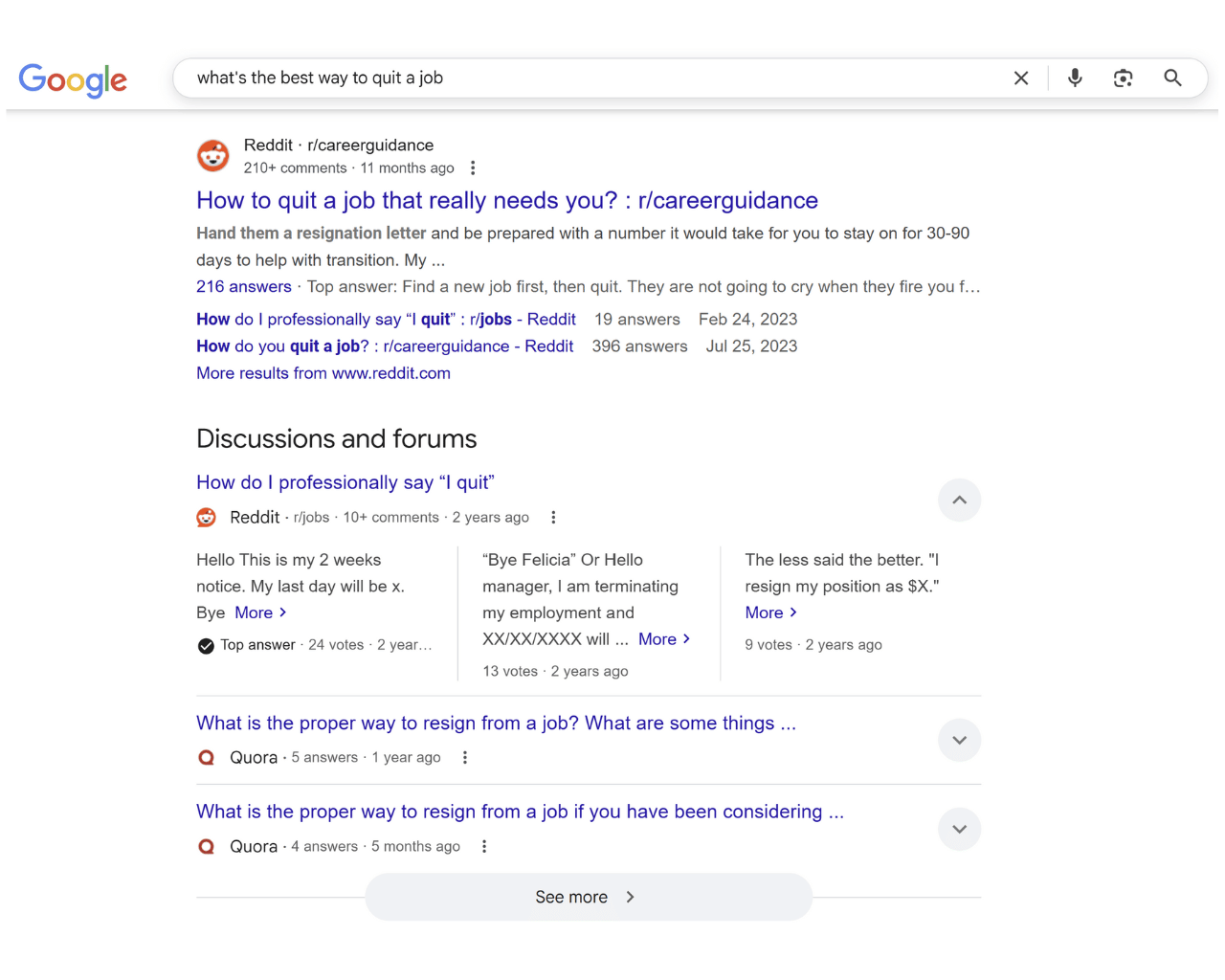
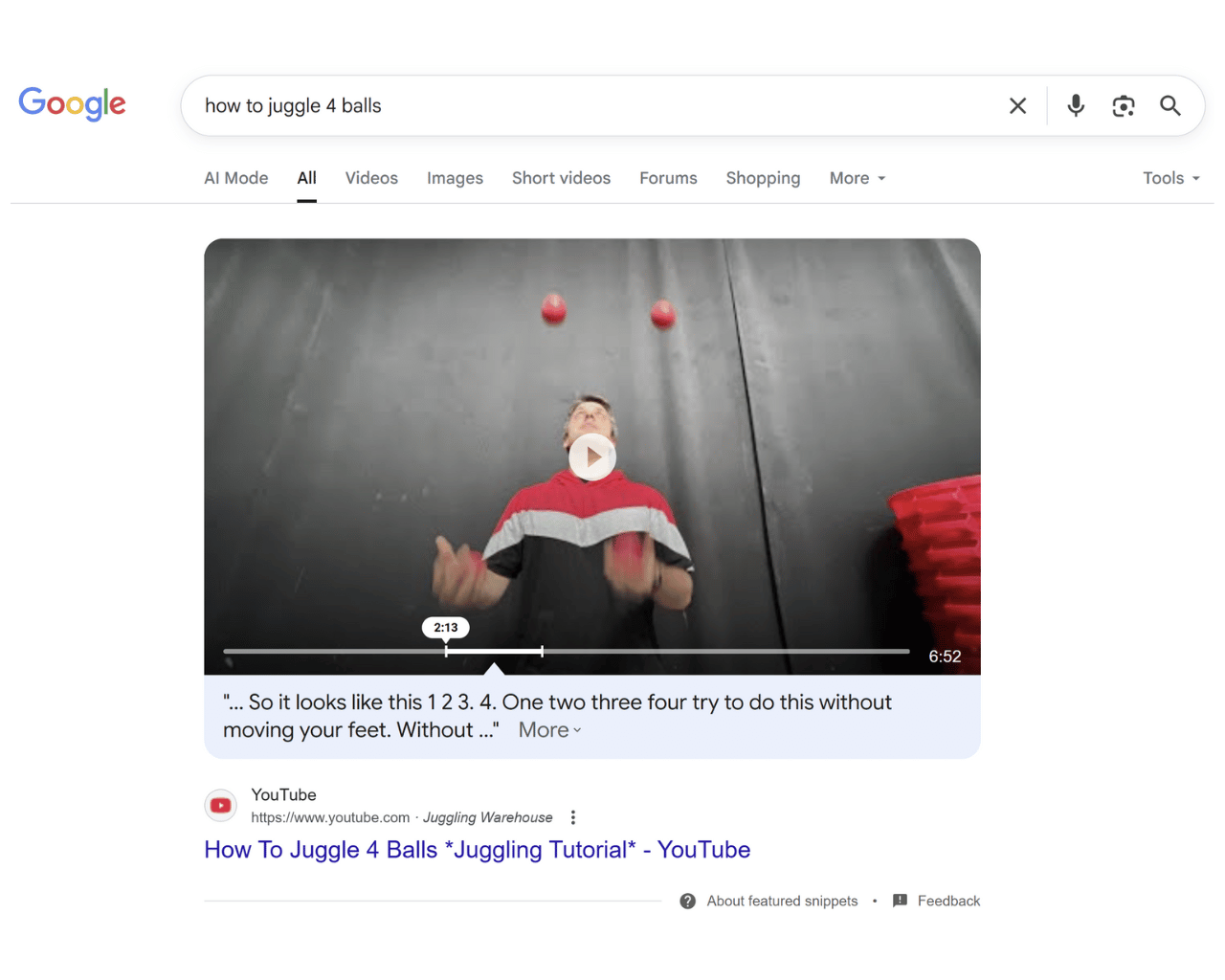
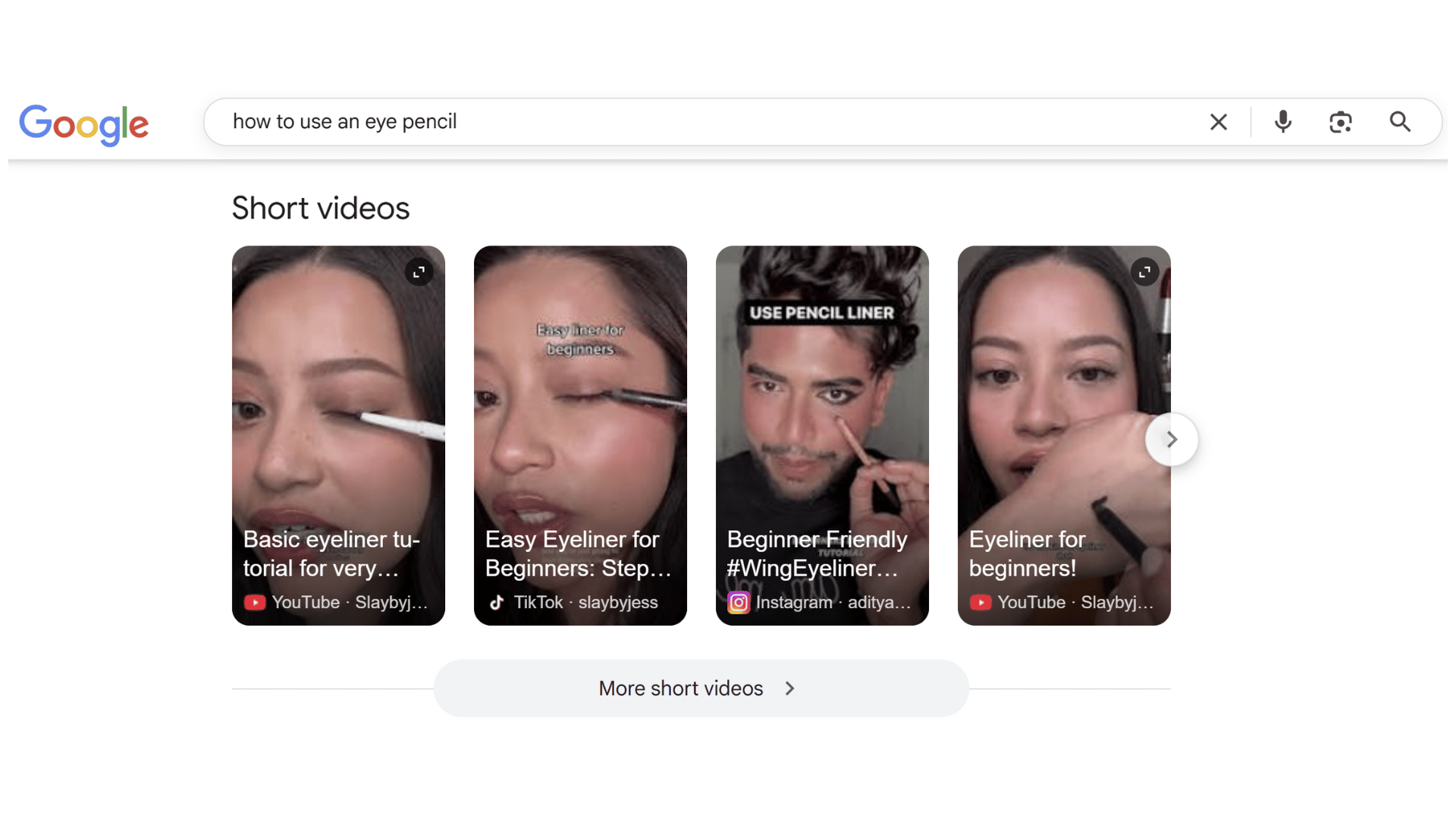
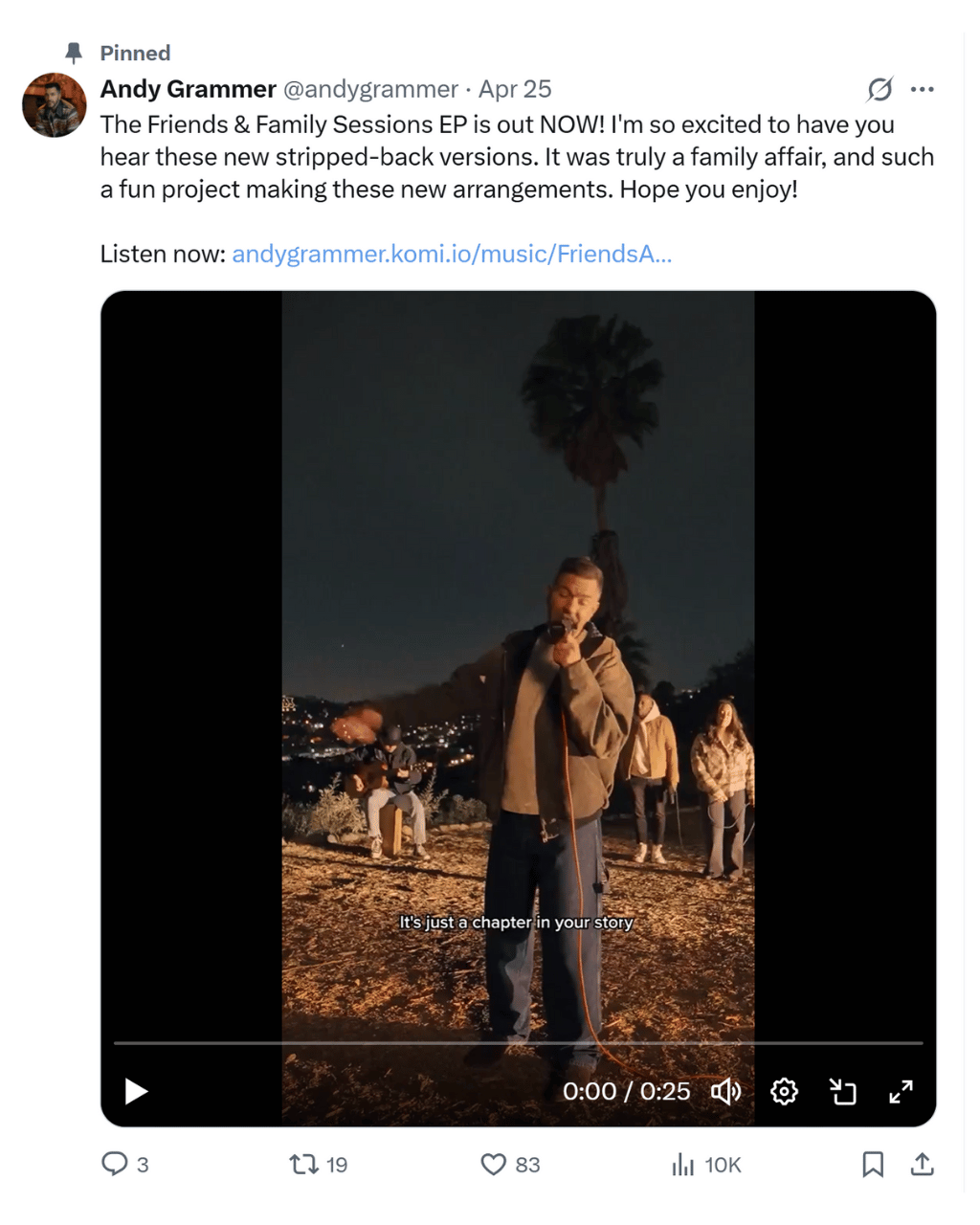
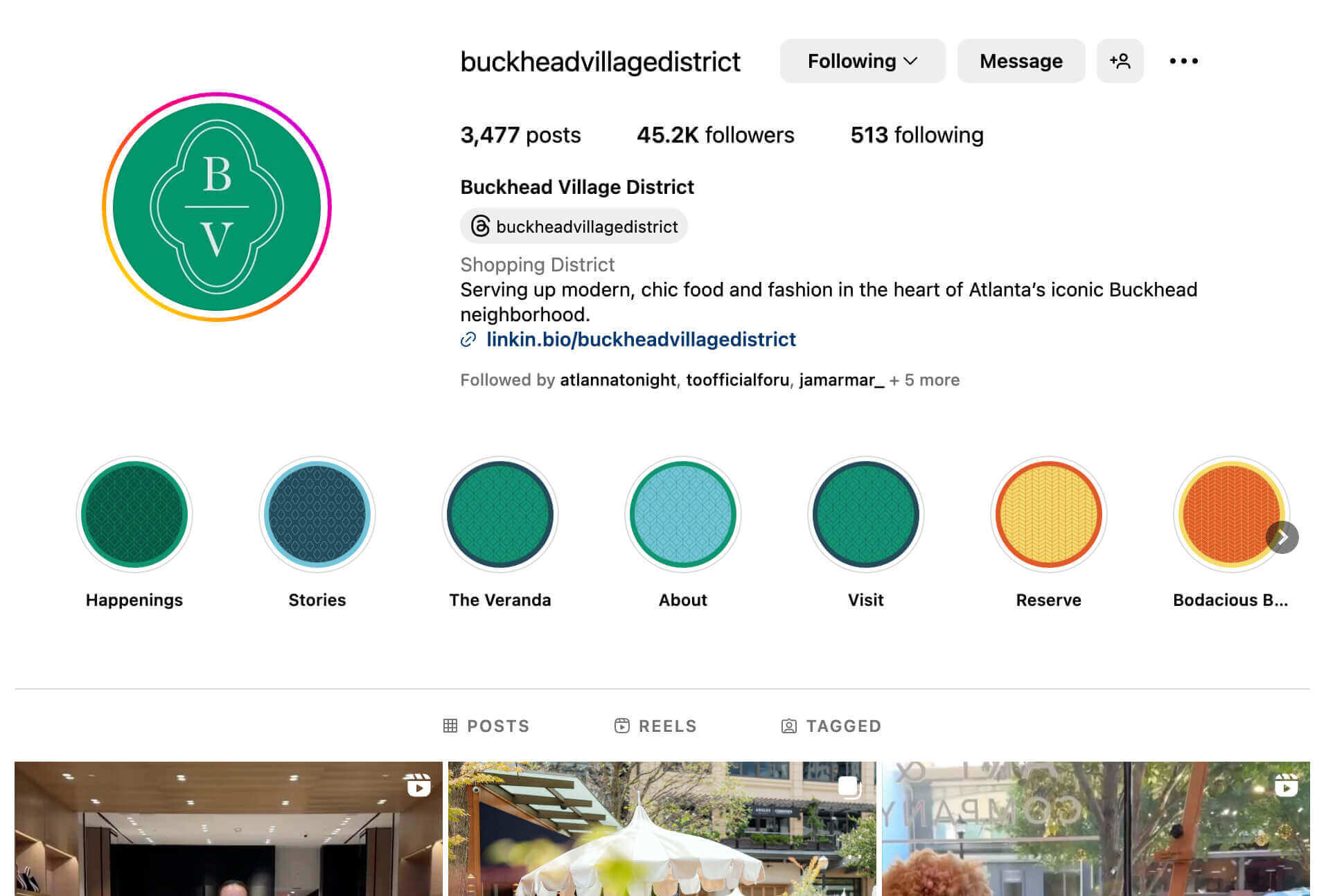



Share